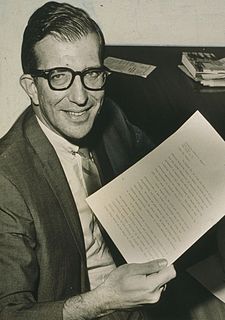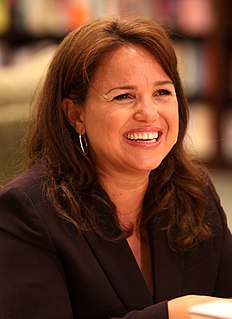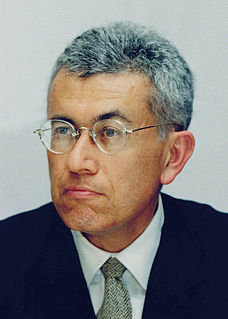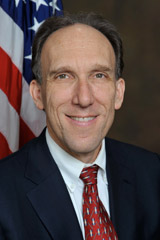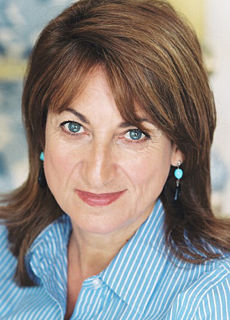A Quote by Nick Hanauer
Middle-out economics rejects the old misconception that an economy is a perfectly efficient, mechanistic system and embraces the much more accurate idea of an economy as a complex ecosystem made up of real people who are dependent on one another.
Related Quotes
Trickle-down economics - it didn't work. The whole idea was supply-side economics: give rich people a lot of money; they'll spend it, it'll go into the economy. Here's what we found out - rich people, really good at keeping all the money. That's how they got rich. If you want it in the economy, give it to the poor people. You know what they're really good at? Spending all their money.
It's time to admit that public education operates like a planned economy, a bureaucratic system in which everybody's role is spelled out in advance and there are few incentives for innovation and productivity. It's no surprise that our school system doesn't improve: It more resembles the communist economy than our own market economy.
The US economy, because it's so energy wasteful, is much less efficient than either the European or Japanese economies. It takes us twice as much energy to produce a unit of GDP as it does in Europe and Japan. So, we're fundamentally less efficient and therefore less competitive, and the sooner we begin to tighten up, the better it will be for our economy and society.
So, what people are actually left with to spend is maybe 25 to 30% of their income on goods and services, after paying taxes and after paying the FIRE sector (Finance, Insurance, Real Estate). Whether it's housing insurance or mortgage insurance. So there's an idea of distracting people. Don't think of your condition. Think of how the overall economy is doing. But don't think of the economy as an overall unit. Think of the stock market as the economy. Think of the rich people as the economy. Look at the yachts that are made. Somebody's living a lot better. Couldn't it be you?
Social solidarity must rest instead on the sole secure basis it can have: direct responsibility of people for one another. Such responsibility can be realized through the principle that every able-bodied adult holds a position within the caring economy - the part of the economy in which people care for one another - as well as within the production system.
The fundamental differences between Marxian and traditional orthodox economics are, first, that the orthodox economists accept the capitalist system as part of the eternal order of Nature, while Marx regards it as a passing phase in the transition from the feudal economy of the past to the socialist economy of the future.
I think the first thing is to recognize a mistake that Obama made. And others have made in thinking that you can revolutionize a system that's unbelievably complex and interlinked, one-sixth of the economy. That was a mistake because whenever you change one thing, it changes 80 other things, and now if you're changing everything at once, you have no idea what the outcome is going to be and you get all of these unintended side effects.



